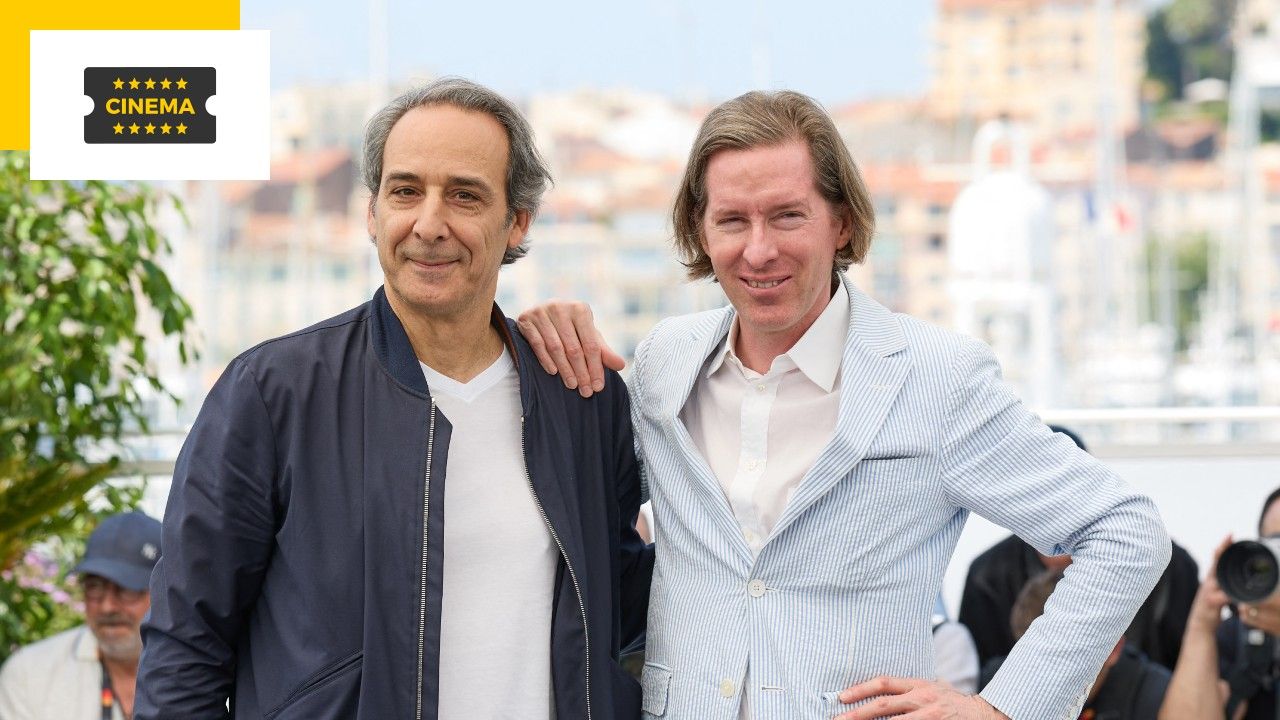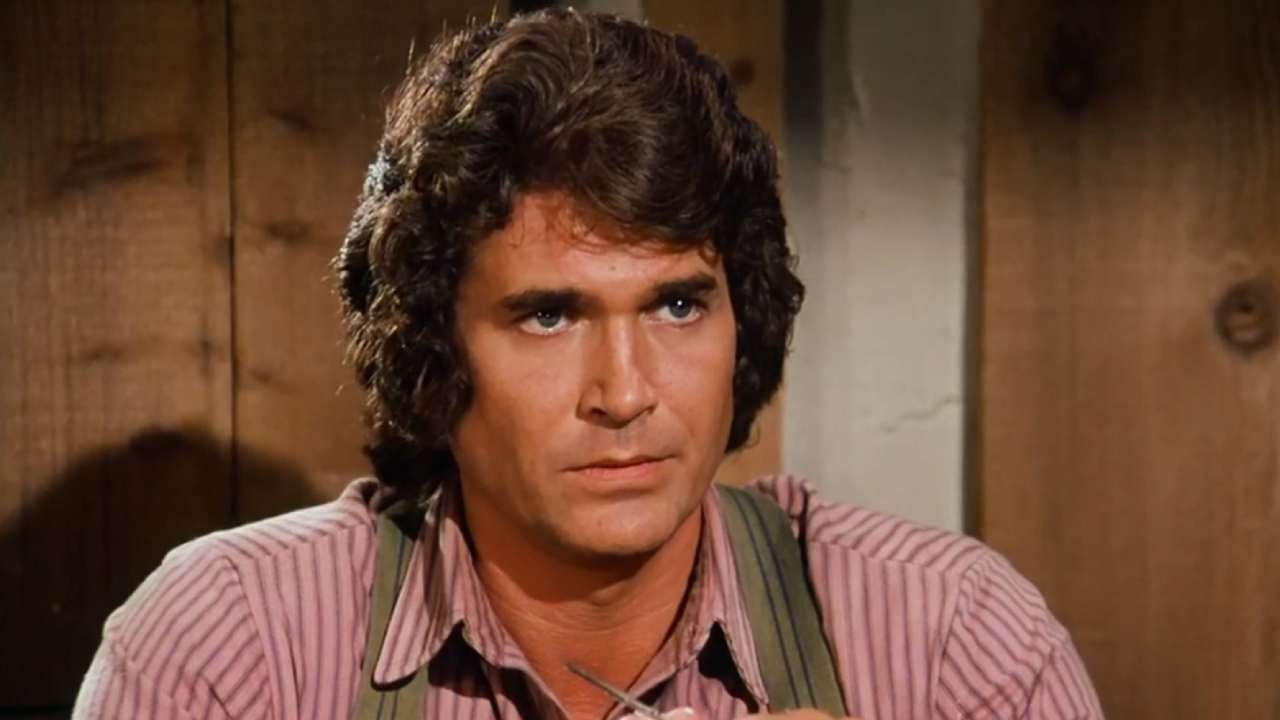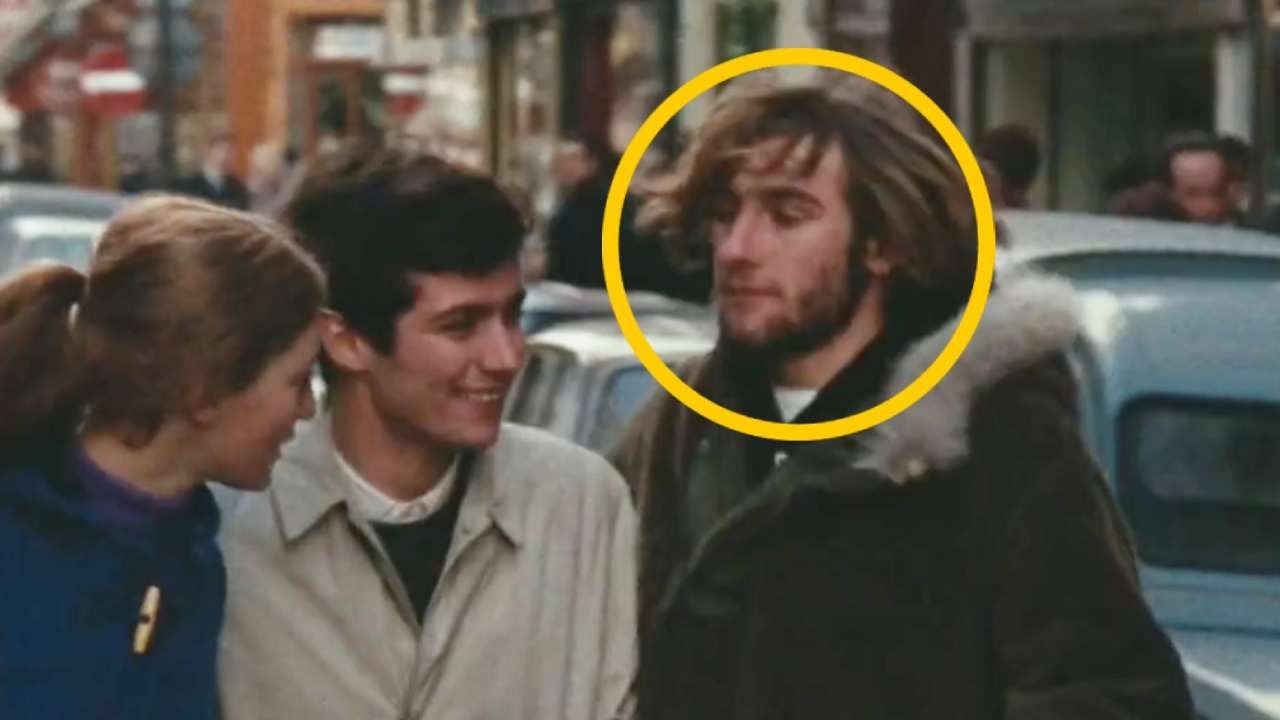Currently in theaters, Asteroid City is Wes Anderson’s 11th film. After the submarine in Aquatic Life, the train On Board the Darjeeling Limited, the Island of New Penzance in the Moonrise Kingdom, the palace of The Grand Budapest Hotel, we must not forget the newspaper The French Dispatch wrote, c This is this time St. A Texas director takes us to the middle of the American West desert in 1955.
Illuminated, as usual, with the aesthetic typical of the filmmaker, but also with an impressive cast of his favorite actors (Adrien Brody, Willem Dafoe, Edward Norton, Tilda Swinton or Jason Schwartzman), these new artistic shots are punctuated once. Again with the music of Alexandre Desplat.
With more than 70 awards (including 3 Césars, 3 Golden Globes and 2 Oscars), the French composer has made a name for himself in the hearts of film lovers and a real name in the film music landscape. At the presentation of Asteroid City in competition at the 2023 Cannes Film Festival and thanks to the presence of SACEM during the event, the music-loving film lover gave us an interview with all the measure and precision to entrust his profession.
AlloCiné: You’re in Asteroid City at Cannes this year, do you still feel a special emotion about the idea of coming to this festival?
Alexandre Desplat: Cannes is the meeting place of cinema. There are others, of course, but this is my country, because I come from my teenage years, when I dreamed of films and directors. This is inevitable. Then now it’s true, I’ve come for many films, I’ve been a member of the jury, so there’s an even clearer link.
You find Wes Anderson after big successes like Moonrise Kingdom, Isle of Dogs or The Grand Budapest Hotel, how do you work together?
People often ask me if I work with instructions, but that’s the exact opposite of how I work. I just want to see the movie as it is, naked, then let my imagination run and look for something. If I put the information in my head, it doesn’t make sense anymore. We talk a lot with Wes Anderson about the instruments we have in mind, more about the constructive play of sounds that will be weird enough and yet useful for the film.
For Asteroid City, I had written the main motif before shooting, thanks to conversations with Wes Anderson, and then the stories. But that’s because we’ve created a real bond between the two of us for six films now. Everything is easier to identify.
I adored the freedom that film scores offered the composer, the ability to carry all the material.
Do you work with all filmmakers in the same way?
It varies by director. Most of the time I wait to see the film in the first cut, but sometimes, like for example Jacques Audiard, I get to write the music before the film is shot.
Your whole childhood was immersed in music, what made you decide to compose for cinema?
I have always loved music, but I fell in love with cinema as a teenager. From the age of 15, I went to the movies very often on weekends, sometimes stringing together sessions of the same movie to see it again, sometimes watching 2 different movies in the same evening… I became a bit of a cinephile. . And the second time I saw the movie, I was more attentive to the sound, to the music, and I think that’s where the idea was planted in my mind.
As my musical studies progressed, I realized how sophisticated some film scores were, depending on the different filmmakers, that you could go from jazz to symphonic, ethnic instruments to vocal pieces… I loved the freedom that film music offered to the composer, the presence. Can move all materials.
Now you are one of the big names in film music, you have received many awards and you work with the most prestigious directors, how do you feel about these successes?
It is primarily a matter of passion, meetings and work. First I created for the first short film, then the second, then the first feature film that was never released, the first that was released, etc… These are the works that did not really appeal to me, served my career, but opened doors for me as an editor, director, Then it snows. At the same time, I moved forward and gained more experience and techniques, and it happened, slowly but surely.
But before the first Anglo-Saxon film that took me across the Atlantic, I had written scores for 50 films, so it didn’t happen overnight, it’s a long process.
What do you think about the place of composers in film ceremonies?
Of course, it’s always very nerve-wracking to receive an award in your name, such as at the Oscars. But when I don’t have an award and the film I worked on wins, I am also very happy because I tell myself that I am a part of a great company that has allowed this film to exist and to be awarded.
SACEM does a great job of highlighting us and highlighting our work. At one time, concerts were held at film festivals, and I think this is a bit lacking, I really want to renew this idea. There is so much to do and breathe!
After Asteroid City, in which film will we be able to hear your work?
Barbie by Greta Gerwig is coming out soon, which I had a lot of fun with. I also worked on George Clooney’s last film Boys in a Boat, as well as Ellen Kuras on Lee, a very beautiful film about the life of photographer Lee Miller, with Kate Winslet in the title role.
Interview with Mathilde Fontaine at the 2023 Cannes Film Festival.
Source: Allocine
Rose James is a Gossipify movie and series reviewer known for her in-depth analysis and unique perspective on the latest releases. With a background in film studies, she provides engaging and informative reviews, and keeps readers up to date with industry trends and emerging talents.






